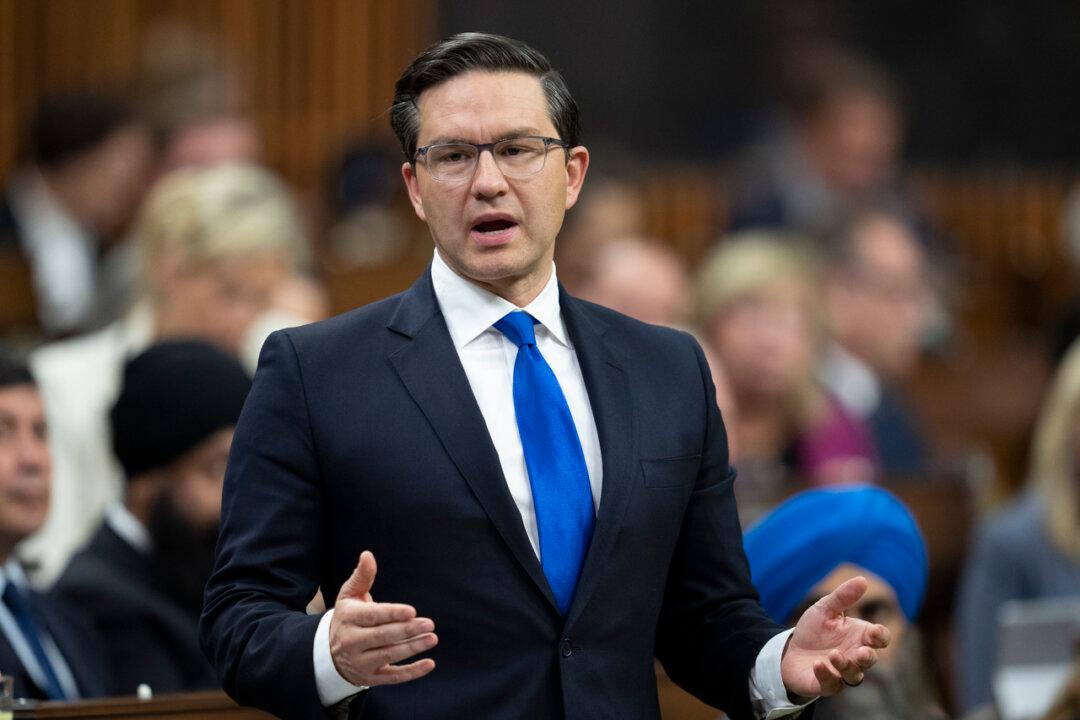Commentary
The Liberals, Bloc Quebecois, NDP, and Green parties were unified in opposing Pierre Poilievre’s motion in the House of Commons to halt the planned increases to the federal carbon tax.

The Liberals, Bloc Quebecois, NDP, and Green parties were unified in opposing Pierre Poilievre’s motion in the House of Commons to halt the planned increases to the federal carbon tax.